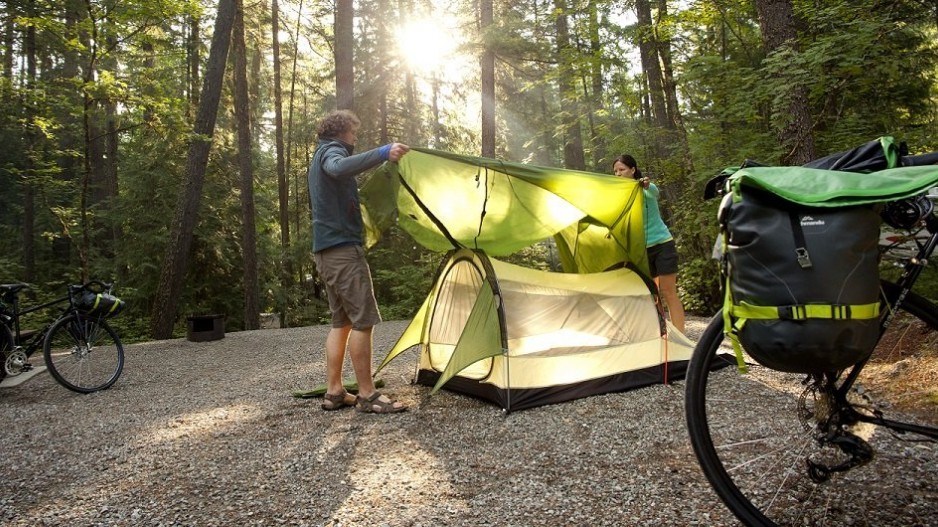British Columbians wanting to travel within the province this summer put off by could fuel a resurgence in camping.
B.C. has more campgrounds than most jurisdictions across North America, with 1,039, according to the province's Ministry of Environment and Climate Change Strategy.
Better still for consumers, the government has improved its camping-reservation website, compared with pre-pandemic, thanks to the ministry investing money generated from reservation fees, or about $3.7 million annually, on a .
The ministry , when its website crashed as soon as it opened for bookings for the year.
Its new site is more robust, according to a ministry representative. It also limits reservations to a four-month window from the time of booking.
BIV in late April tried to book a camp site in August and found plenty of available sites at campgrounds.
Campsites can rent for around $23 per night, including taxes, before the $6-per-night reservation fee is tacked on.
In 2023, the government introduced a new “notify me” feature that enabled visitors to sign up for up to five alerts for reservable campgrounds. When specific campsites becomes available for desired dates, those who have signed up for alerts will get emails notifying them that they are available.
Not all B.C. campsites are able to be reserved during peak season. Of the province's approximately 11,000 "front-country" campsites, or those within one kilometre of a park road or highway, approximately 60 per cent can be reserved while the rest are rented on a first-come-first-served basis, according to the ministry.
The government delivers most camping in B.C.’s parks through agreements with private operators.
Those operators delivered more than $40M in services last year, according to the ministry. These costs were partially paid for through user fees, which produced around $29 million in 2023. The B.C. government then paid the private operators the remaining $11 million from other sources, according to the ministry.

